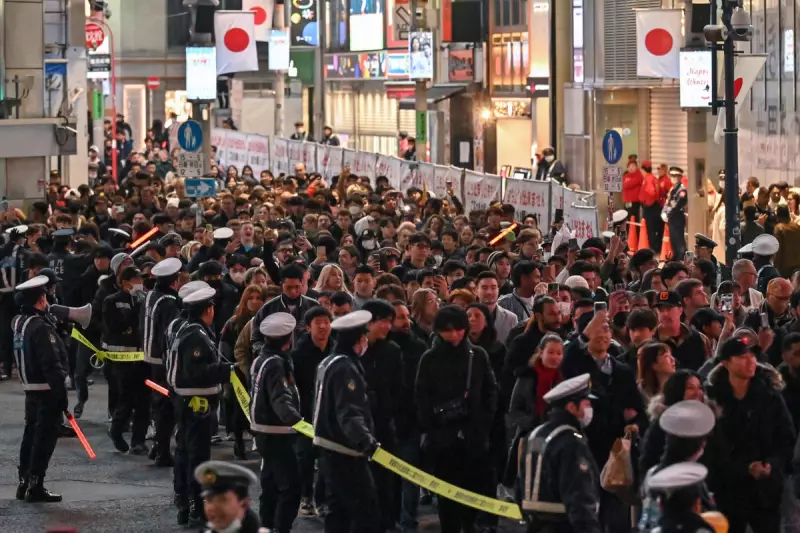
Beneath Tokyo's gleaming skyscrapers and world-famous hospitality lies a troubling undercurrent of racial discrimination that foreign residents face daily, according to shocking new revelations from community advocates and personal testimonies.
The Hidden Struggle in a Global City
Sohei Kamiya, a prominent community support worker, has lifted the lid on the systemic racism that international residents encounter in Japan's capital. Despite Tokyo's reputation as a sophisticated, international metropolis, many foreigners report experiencing prejudice that affects every aspect of their lives.
Daily Battles and Workplace Discrimination
Foreign professionals living in Tokyo describe facing numerous barriers, including:
- Being passed over for promotions despite superior qualifications
- Receiving lower salaries than Japanese colleagues in equivalent roles
- Exclusion from important business meetings and social gatherings
- Constant questioning of their language abilities and cultural understanding
One American finance professional, who wished to remain anonymous, revealed: "I've watched less experienced Japanese colleagues advance while I remain stagnant, despite consistently exceeding performance targets."
Housing Discrimination: The Invisible Walls
The discrimination extends beyond the workplace into basic living conditions. Many foreign residents report:
- Being explicitly rejected by landlords who state "no foreigners" policies
- Requiring Japanese guarantors even when financially secure
- Paying higher deposits and rents than Japanese tenants
- Facing additional scrutiny and paperwork requirements
A Systemic Problem Requiring Urgent Action
Kamiya emphasises that these aren't isolated incidents but rather symptoms of deeper societal issues. "The discrimination is often subtle but profoundly damaging," he explains. "Many Japanese people don't even recognise these behaviours as racist, which makes addressing the problem particularly challenging."
The Japanese government has taken some steps toward addressing discrimination, including implementing legislation against hate speech. However, activists argue that much more needs to be done to tackle the everyday racism that affects foreign residents.
The Human Cost of Unchecked Prejudice
Behind the statistics are real people experiencing significant psychological and professional consequences:
- Diminished career prospects and earning potential
- Mental health challenges including anxiety and depression
- Feelings of isolation and alienation in their adopted home
- Many highly skilled professionals considering leaving Japan altogether
As Tokyo prepares to maintain its status as a global business hub, addressing these deeply entrenched issues becomes increasingly urgent. The city's future as an international centre may depend on its ability to create a truly inclusive environment for all residents, regardless of their nationality or ethnic background.





